Have you thought about how one of the most prevalent diseases in the world is also one of the most neglected? Yes, you are right! We are talking about tooth cavities(tooth decay).
Everyone has probably had one or two cavities in their lifetime. Cavities are still very common, even though they are avoidable. In this blog, you will learn about wisdom teeth cavities or tooth decay and how to deal with them.
Wisdom Teeth Can Have Cavities?
The majority of adults at some time in their life have their wisdom teeth extracted. You can develop cavities in any area of your tooth, and on any tooth, including your wisdom teeth. According to a study published in the Dental Press Journal of Orthodontics, approximately fifty-nine per cent of patients require having their wisdom teeth extracted.
According to the Indian Dental Association, wisdom teeth, also known as third molars, emerge between the ages of 17 and 21. Sometimes, a person’s mouth is inadequate to accommodate their permanent teeth. If this occurs, the wisdom teeth can become impacted and need to be extracted. Overcrowding is one of the reasons for teenagers getting braces.
It is pretty obvious that wisdom teeth have a higher risk of developing cavities than other teeth. Food may become trapped near a tooth that is impacted by the gums. Because they are located in the back of the mouth which makes them brushing, and flossing are extremely challenging.
How to Deal with a Wisdom Tooth Cavity?
If you develop a cavity on any other tooth, your dentist will probably recommend a dental filling to restore the tooth. You might even require a root canal to restore the tooth, depending on the severity of the decay. The Indian Dental Association states that a root canal is a procedure performed to save a tooth that has undergone severe decay or infection.
However, wisdom teeth decay or cavity is quite a different story. If your wisdom teeth appear to be severely impacted, your dentist will usually refer you to an oral surgeon for extraction. Some patients only require a simple extraction with local anaesthesia.
Around 16% of third molars were extracted due to dental caries, according to a study that was published in the Journal of Dental Sciences. Your dentist might be able to fill and restore the tooth like any other tooth if your wisdom teeth have fully emerged in your mouth and aren’t lodged in the gums. For this reason, it’s crucial to visit your dentist for regular checkups so they can evaluate the condition of your teeth and detect any cavities.
Why Should You Avoid Putting Hot Water on a Cavity?
Applying hot water to a tooth with a cavity can worsen discomfort and potentially harm the tooth. Cavities expose sensitive dentin and nerves, making the tooth highly reactive to temperature extremes. Hot water can intensify pain, cause swelling, and irritate the surrounding tissue. Additionally, it may weaken the compromised enamel further, accelerating decay. Always opt for lukewarm water for oral hygiene and consult a dentist promptly for proper care.
Bottom line
Surya Dental Care is the Best Dental Clinic in Trichy that can diagnose and treat your wisdom teeth cavity with our skilled professionals in town. To ensure that every patient receives the precise care they require during their visits, we provide our patients with specialized specific wisdom tooth treatment options.

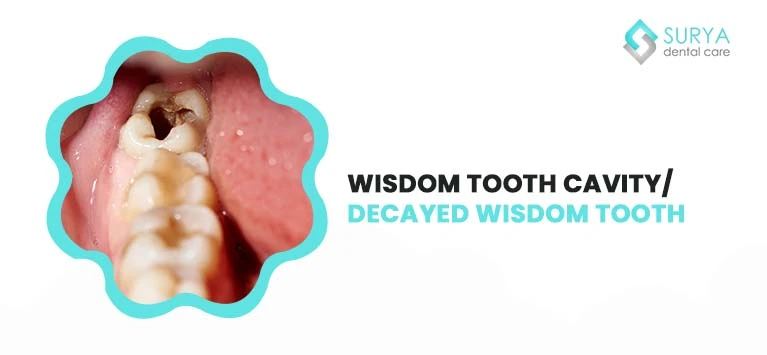


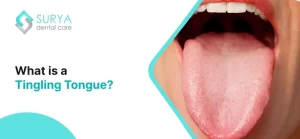



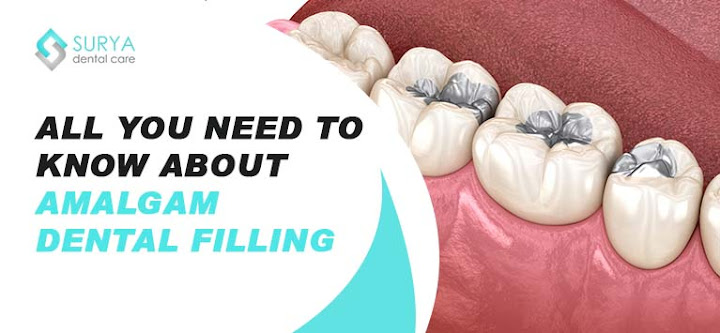

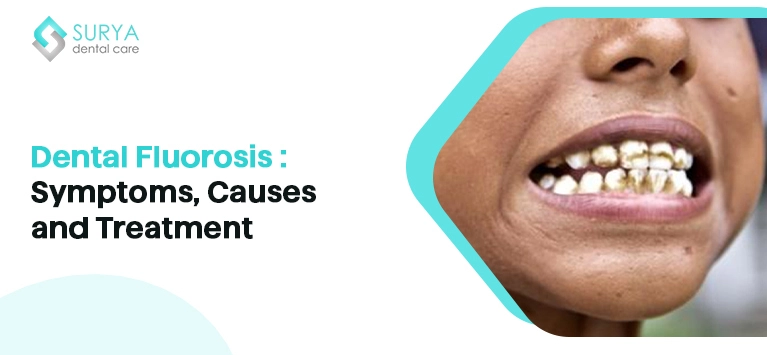
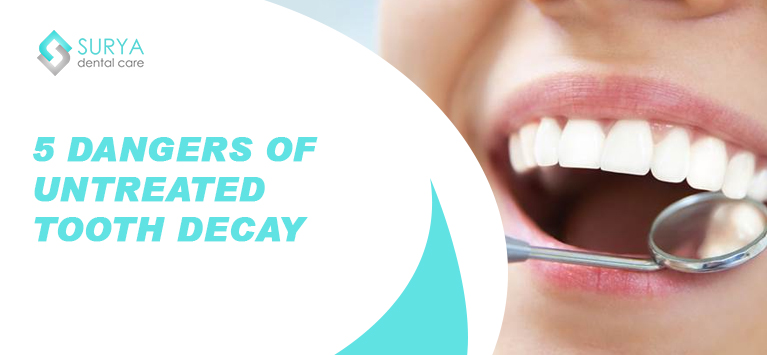
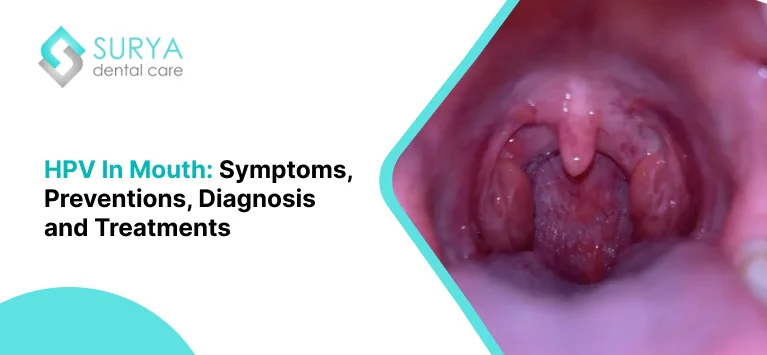
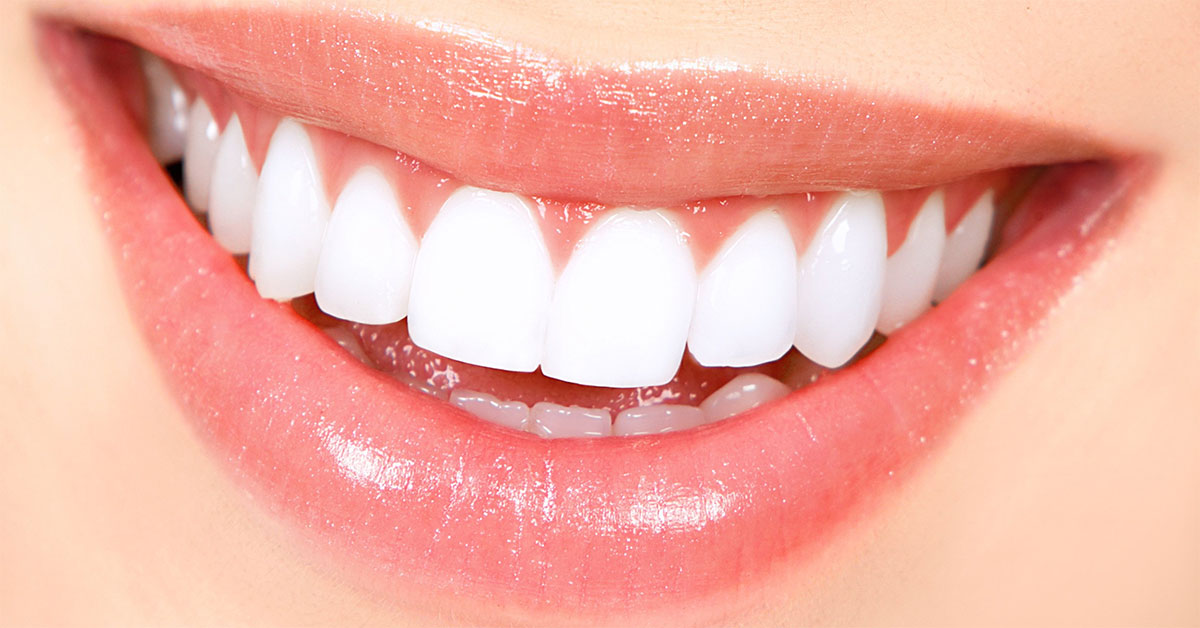


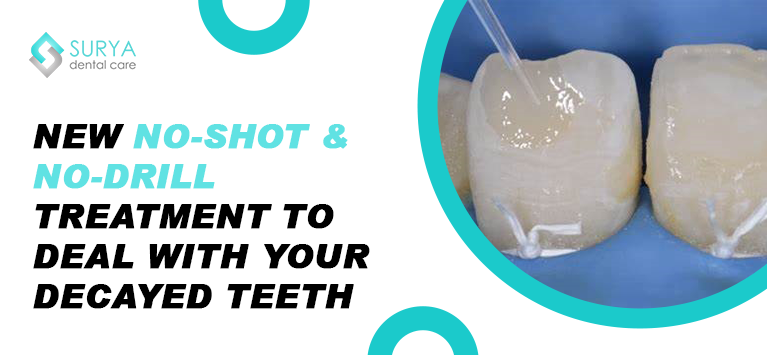


Leave a Comment